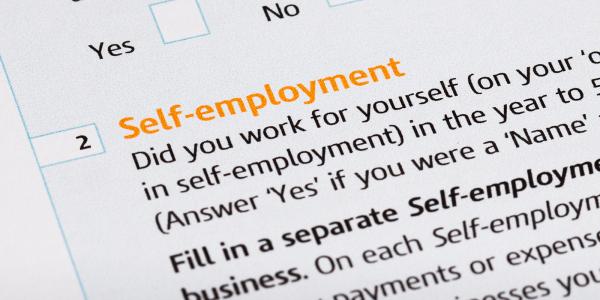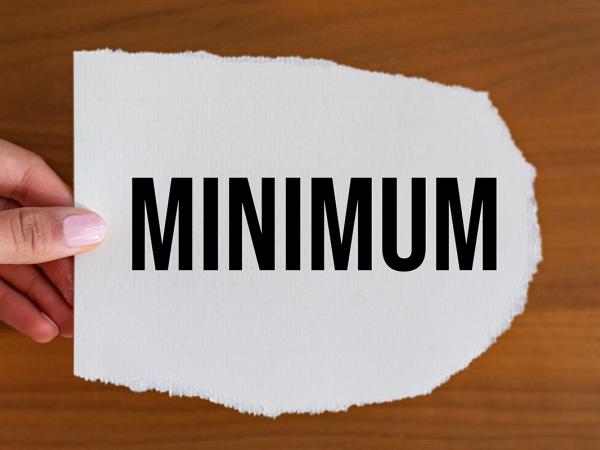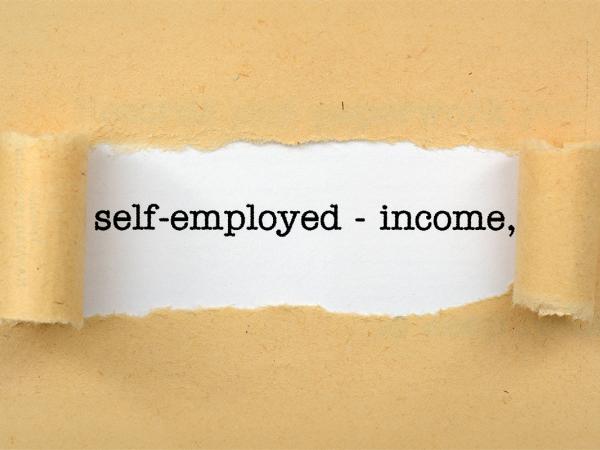Self-employment and universal credit
This part of the website explains how universal credit works if you are self-employed.

Content on this page:
Universal Credit has some particular rules if you are self-employed, such as applying a deemed amount of earnings known as the minimum income floor in some cases. In addition, the way earned income from self-employment is worked out is not the same as it is for income tax purposes or for tax credit purposes.
Where you say you are self-employed, DWP then need to consider whether the income from your activity counts as self-employed earnings for universal credit and also whether the activity is gainful self-employment for you.
Income from self-employment is taken into account as earned income when DWP calculate your universal credit award, regardless of whether they decide you are in gainful self-employment or not.



